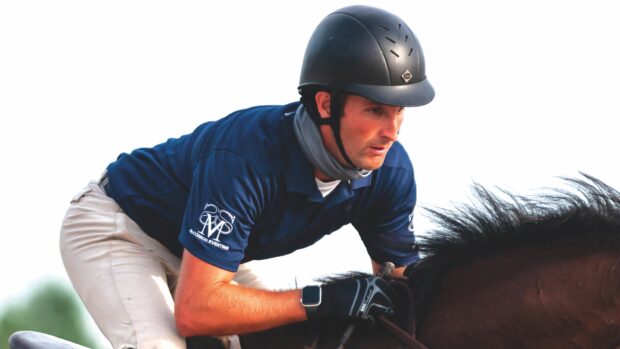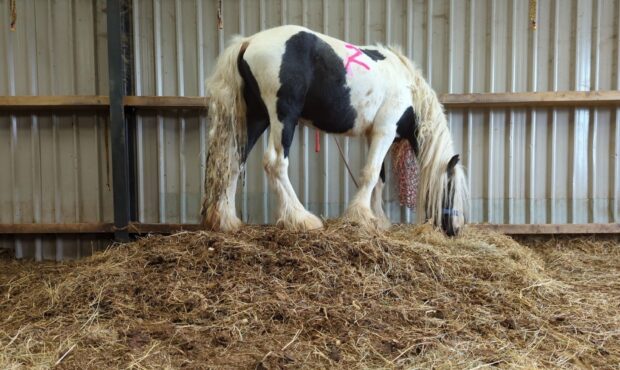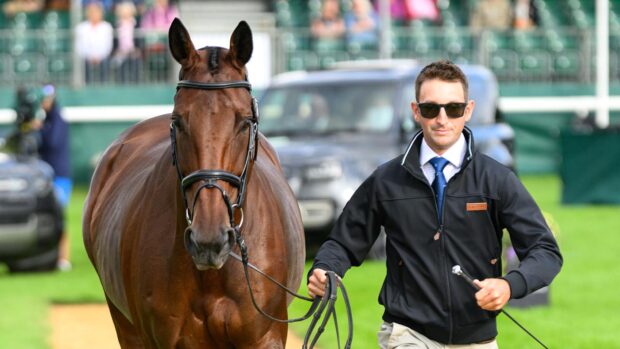An investigation into how racehorses express positive emotions during interaction with humans should help people understand more about equine feelings – and potentially improve welfare and performance.
Researchers from Hartpury University will work with representatives of Charles Sturt University, Australia, and Eastern Institute of Technology (EIT) in New Zealand on the project.
The investigation will include using a study to assess equine welfare, and field-based experiments to “evaluate positive equine emotional state in controlled and industry conditions”. The ultimate aim is to “produce practical tools that will enable those working with horses to become more informed about how their horse is feeling – potentially improving welfare and performance outcomes”.
Hartpury associate professor Jane Williams said: “How ‘well’ a racehorse is doing is no longer judged simply on how fast it runs, how many races it wins, or how much prize money it earns, but also considers the horse’s health, their behaviour and interaction with humans.
“We must now consider their quality of life from the horse’s perspective, both during their careers in racing and beyond.”
The project is funded by the Hong Kong Jockey Club (HKJC) Equine Welfare Foundation, for which Hayley Randle, professor of equine science and acting head of the Charles Sturt school of agricultural, environmental and veterinary sciences, said she is grateful.
“Providing funding for this kind of research demonstrates the commitment of the HKJC to supporting rigorous research that seeks to provide objective evidence of positive emotions in horses,” she said.
“This is particularly important as the way that welfare is measured is changing. People are taking horses’ mental wellbeing much more seriously than ever before, and this means that the industry and everyone working in it has to as well.”
Natalie Waran, professor of one welfare at EIT in New Zealand, said the work will “contribute in a practical way to help advance our knowledge of how to advance the wellbeing of all horses used in leisure and sport”.
Cathrynne Henshall, who has just completed her PhD on the effect of stress on horses’ ability to learn at Charles Sturt, said it is important to have evidence-based tools to help understand whether a horse is having positive experiences in interactions with people, as well as if an experience is negative, which is what the study aims to find out.
World Horse Welfare CEO Roly Owers has championed the need for horses to have positive welfare experiences rather than just avoiding the negatives.
He told H&H: “We need to be mindful that a horse that is not experiencing discomfort is not necessarily content in their work. So it is very encouraging that there is this project looking into tools to measure positive emotions, such as pleasure and contentment, of horses in work.
“This could be illuminating in demonstrating that ridden horses can experience positive emotions, in addition to our obligations to ensuring we remove risks of them experiencing negative ones.”
You might also be interested in:

How can you tell if a horse is happy?

Can a stabled horse truly be happy? Experts discuss the issue

The horse world must be brave and proactive as many do not support horse sport

Subscribe to Horse & Hound magazine today – and enjoy unlimited website access all year round
Horse & Hound magazine, out every Thursday, is packed with all the latest news and reports, as well as interviews, specials, nostalgia, vet and training advice. Find how you can enjoy the magazine delivered to your door every week, plus options to upgrade your subscription to access our online service that brings you breaking news and reports as well as other benefits.




